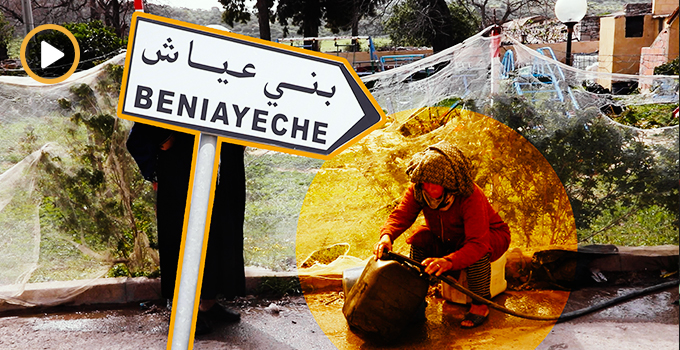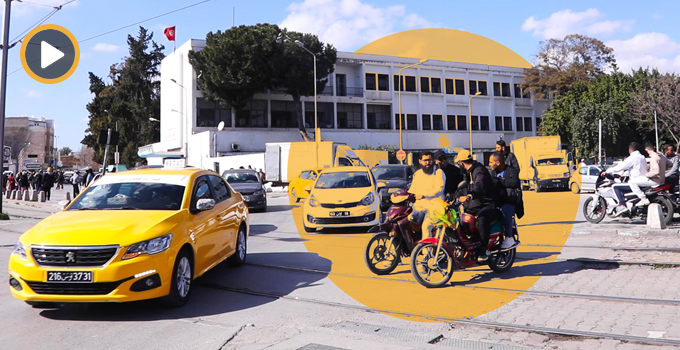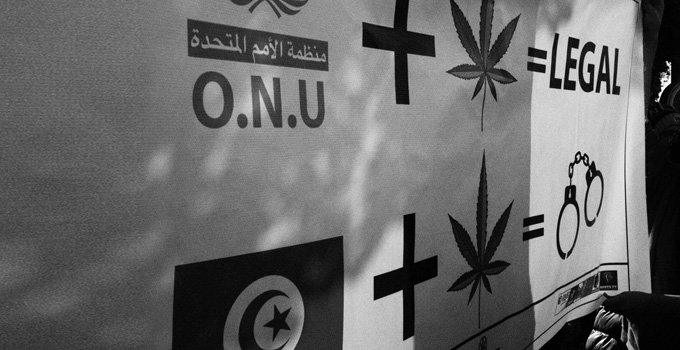Founded by psychologist Gaith Soussi and financial analyst Lamia Chouk, the center has been operational since February. It obtained the status of a start-up on May 1, « when clauses were fulfilled in accordance with the specification requirements, concerning in particular the confidentiality of personal information so that everything takes place ethically and legally », Soussi assures us.

With an economic model based on toll telephone numbers, the A7kili center decided to operate nearly free of charge during the confinement period (calls cost 40 millimes per minute versus 650 millimes per minute prior to confinement). A dozen psychologists were recruited to respond to calls from Tunisians seeking out psychological help. This demand only grew during confinement: « When we first launched the center, we we receiving around 150 calls a day. Confinement triggered an explosion in demand with about 400 calls a day », says Souissi.
Revelatory statistics
« At the beginning of confinement, those who contacted me were suffering mainly from obsessive compulsive troubles relating to drastic hygiene measures and panic attacks », Souissi tells us. 75% of calls for help are from women, while 24% are from men. 79.55% of callers completed some level of higher education, and two-thirds (66.98%) are middle class.

« Reassured by the guarantee of their anonymity, many homosexuals, drug users and victims of violence solicited our help », he adds. Indeed, callers are not asked to communicate their real identity. Only their numbers are used to identify them in order to ensure follow-up with the same psychologist. Souissi notes that before confinement, 25.35% of calls were related to marital violence. During confinement, this number increased to 45.22%. Moreover, Souissi indicates that there were numerous calls relating to violence against children. He highlights the competence of psychologists working at A7kili, who are experienced in working with vulnerable individuals.
Among these psychologists, 26-year old Jihen describes her work during the confinement period as « humanitarian ». « I felt useful fully dedicating myself to offering reassurance to these individuals, while insisting on the importance of them staying home », she tells Nawaat. « In the beginning, many experienced panic attacks. Little by little, people adapted to this fear ». Souissi adds that as confinement continued, other fears emerged: « Some wondered whether or not they would make it financially. Other troubles arose with the change in life pace for some or the stress of working remotely for others ».

With the gradual deconfinement, Souissi indicated that the number of calls diminished even while people’s worries did not. « People have been marked by the confinement. Some find it difficult to get out of this confinement or to recover the rhythm of life that was disrupted over these past couple of months », explains Souissi.
Promoting the work of psychologists
For A7kili’s co-founder, the profession of psychology is not valued highly enough. « There are 35 psychologist offices in Tunisia, or one psychologist for every 350,000 citizens », he laments. Jihen for her part evokes the denial surrounding mental troubles.
« People were ashamed to talk about it for fear of being stigmatized. And those who were conscious of it tended to seek out psychiatrists since our society values the medical profession for psychologists. Even if certain people didn’t really need the medical treatment proposed by the psychiatrist ». But Jihen adds quickly that « some required psychiatric care or to see a psychologist to carry out tests in an office, and we directed these individuals to the competent persons with whom we collaborate ».

Souissi regrets the absence of a « psychological culture for most Tunisians » which translates into their inability to understand what is going on with them and where to turn. « The authorities do not grant much importance to psychology. In certain public companies, no psychological support is offered to employees » he says woefully. Other companies, on the other hand, appear more conscious of the issue: « We are in the midst of creating a psychological unit for large companies », he says proudly.
Among projects in the works, A7kili plans to develop an application that enables Tunisians in the country and overseas to solicit psychological support through online chatting as well as telephone and video calls.





iThere are no comments
Add yours